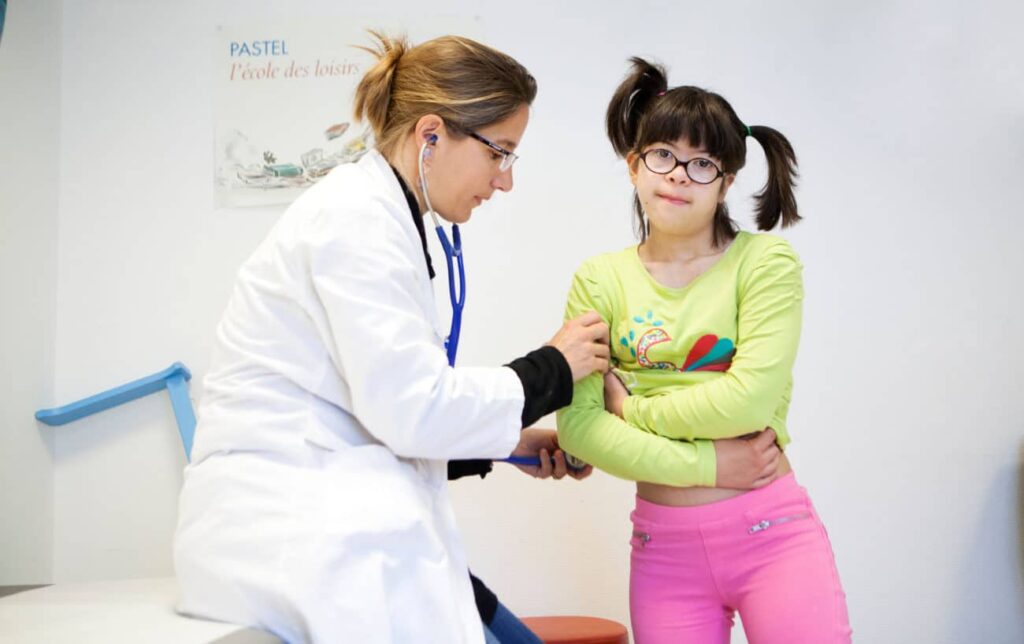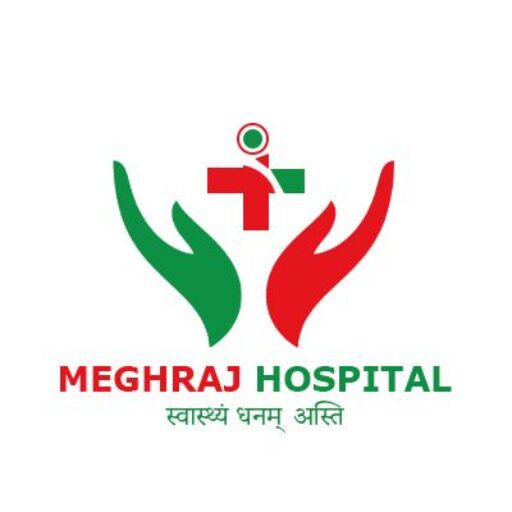
Developmental pediatrics is a medical specialty that focuses on the diagnosis, evaluation, and management of developmental and behavioral concerns in children. Developmental pediatricians are specially trained to address issues related to a child’s physical, cognitive, social, emotional, and behavioral development from infancy through adolescence. They work closely with children and their families to identify developmental delays, disabilities, and disorders, and to provide comprehensive care and support.
Key aspects of developmental pediatrics include:
Early Detection and Diagnosis: Developmental pediatricians are skilled in recognizing developmental delays and disorders early on, often through routine developmental screenings during well-child visits. They conduct thorough assessments to evaluate a child’s developmental progress and identify any areas of concern.
Comprehensive Evaluation: Developmental pediatricians perform comprehensive evaluations to assess various aspects of a child’s development, including motor skills, language and communication abilities, cognitive function, social interactions, and emotional well-being. They may use standardized developmental assessments, behavioral observations, and parent/caregiver interviews to gather information.
Diagnosis and Differential Diagnosis: Based on their evaluation findings, developmental pediatricians diagnose developmental disorders and conditions such as autism spectrum disorder (ASD), attention-deficit/hyperactivity disorder (ADHD), intellectual disabilities, learning disorders, language disorders, and sensory processing disorders. They also differentiate between developmental issues and other medical or psychological conditions that may present with similar symptoms.
Individualized Treatment and Management: Developmental pediatricians develop individualized treatment plans tailored to each child’s specific needs and challenges. These may include a combination of therapies and interventions such as early intervention services, speech therapy, occupational therapy, physical therapy, behavioral therapy, educational interventions, medication management, and counseling.
Family-Centered Care: Developmental pediatricians recognize the importance of involving families in the care and decision-making process. They provide guidance, support, and resources to parents and caregivers, empowering them to advocate for their child’s needs and participate actively in their child’s development and treatment.
Collaboration with Multidisciplinary Team: Developmental pediatricians often collaborate with a multidisciplinary team of healthcare professionals, including pediatricians, psychologists, speech-language pathologists, occupational therapists, physical therapists, special educators, and social workers, to provide comprehensive care and support to children and their families.
Long-Term Follow-Up: Developmental pediatricians monitor children’s progress over time and adjust treatment plans as needed. They provide ongoing support and guidance to help children reach their full potential and navigate developmental challenges as they grow and develop.
Overall, developmental pediatrics plays a vital role in promoting the healthy development and well-being of children by identifying and addressing developmental concerns early and providing comprehensive, family-centered care and support.
